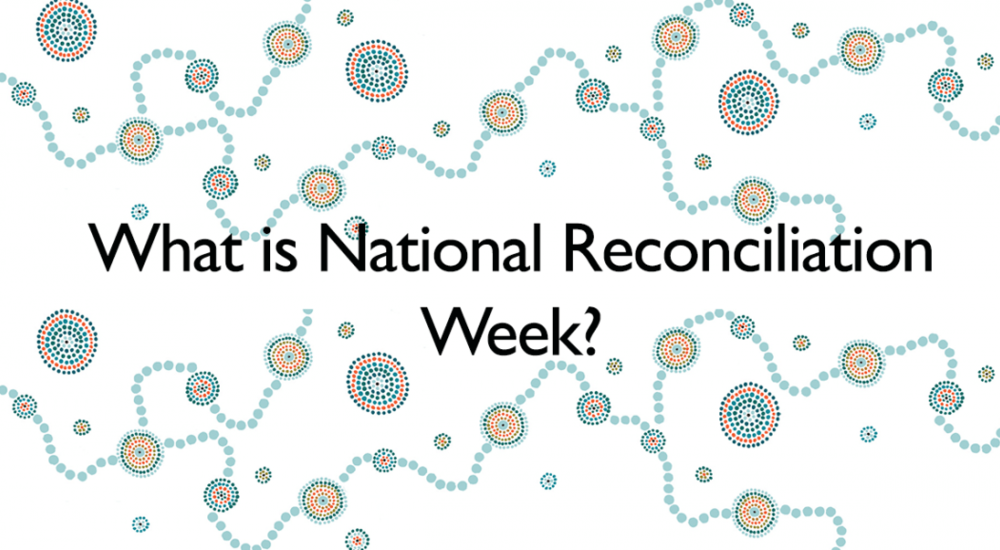
What is National Reconciliation Week?
National Reconciliation Week (NRW) is a time for all Australians to learn about the shared histories, cultures and achievements of Indigenous Australians and to explore how each of us can contribute to achieving reconciliation in Australia. It is a week dedicated to growing respectful relationships between Aboriginal and Torres Strait Islander people and non-indigenous Australians.
The dates for NRW remain the same each year; 27 May to 3 June. These dates commemorate two significant milestones in the reconciliation journey—the anniversaries of the successful 1967 referendum and the High Court Mabo decision.
All Australians are invited to participate in NRW and the greater journey towards reconciliation. Reconciliation Australia, an independent, national not-for-profit organisation, initiates the week in its effort to break down the barriers between Indigenous and non-Indigenous Australians.
Why was National Reconciliation Week created?
NRW is a way of acknowledging Australia’s history. It is a time for all Australians to consider the history and culture of Aboriginal and Torres Strait Islander People. Archaeological evidence shows Indigenous people have lived in Australia for at least 50,000 years. When Europeans arrived, colonial law, policies and practices affected Indigenous people often having devastating impacts. Acknowledging and accepting this history of Indigenous Australia, both pre and post colonisation is essential to the reconciliation journey as well as a commitment to ensure these wrongs are not repeated in the future.
NRW began in 1993 (The International Year of the World’s Indigenous Peoples) as the Week of Prayer for Reconciliation and was supported by Australia’s major faith communities. In 1996, the Council for Aboriginal Reconciliation launched Australia’s first NRW. In 2000, Reconciliation Australia was established to continue to provide national leadership on reconciliation. In the same year, approximately 300,000 people walked across Sydney Harbour Bridge as part of NRW, to show their support for reconciliation.
Today, NRW is celebrated by businesses, schools and early learning centres, organisations, and individuals Australia-wide.
So what is Reconciliation?
Reconciliation is about strengthening relationships between Aboriginal and Torres Strait Islander peoples and non-Indigenous peoples, for the benefit of all Australians. It is an ongoing journey that reminds us that while generations of Australians have fought hard for meaningful change, future gains are likely to take just as much, if not more, effort.
In a just, equitable and reconciled Australia, Aboriginal and Torres Strait Islander children would have the same life chances and choices as non-Indigenous children, and the length and quality of a person’s life will not be determined by their racial background.
Reconciliation Australia’s vision of reconciliation is based and measured on five dimensions:
- Race Relations:
- Equality and Equity:
- Institutional Integrity:
- Unity:
- Historical Acceptance:
These five dimensions do not exist in isolation but are interrelated. Reconciliation cannot be seen as a single issue or agenda; today's definition of reconciliation must weave all of these threads together.
Moving Forwards
National Reconciliation Week asks all Australians to consider and take action to build positive relationships with one another.
“Reconciliation must live in the hearts, minds and actions of us all as we move forward, creating a nation strengthened by respectful relationships between Aboriginal and Torres Strait Islander peoples and non-Indigenous peoples.”
“We believe in fairness for everyone, that our diversity makes us richer, and that together, we are stronger.” - Reconciliation Australia.
Further information on reconciliation and NRW events near you, please head to:
https://www.reconciliation.org.au/national-reconciliation-week/
